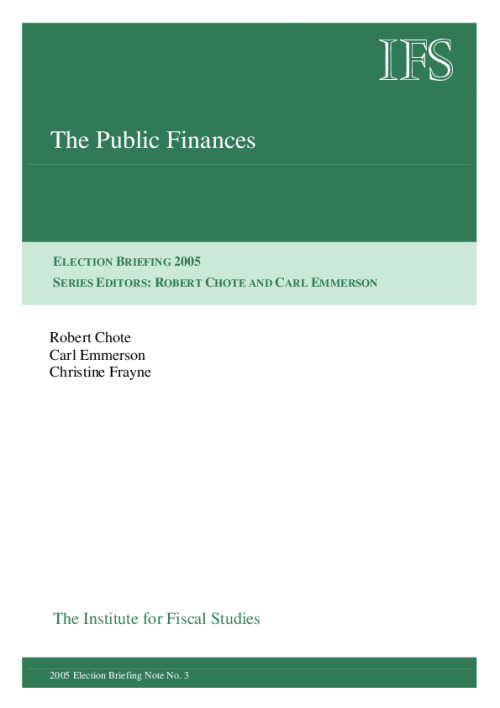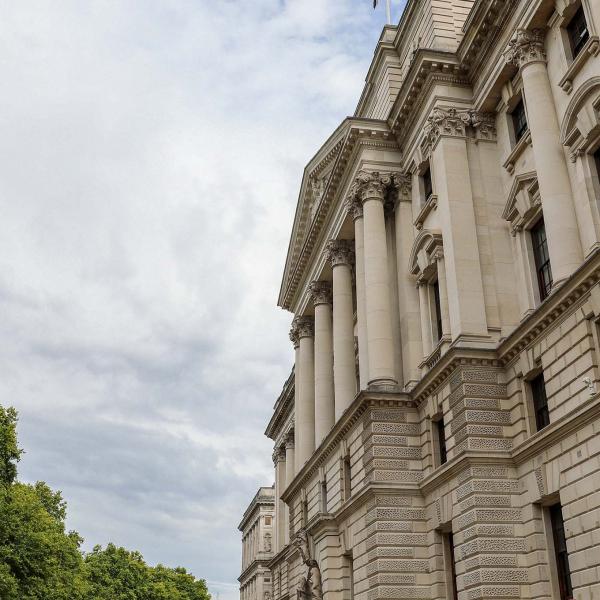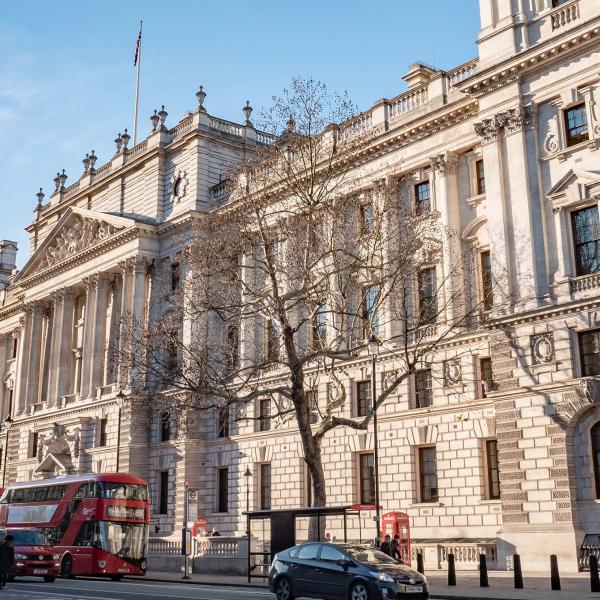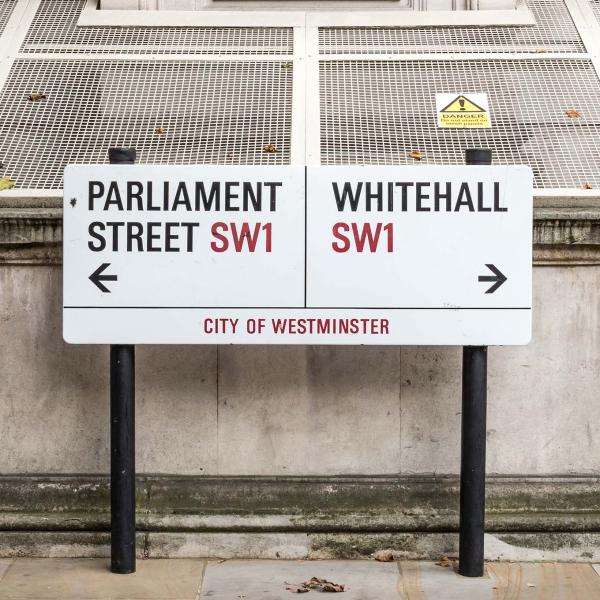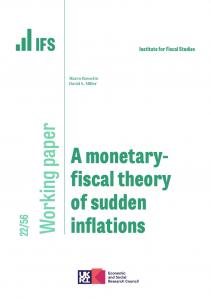This Briefing Note assesses the government's management of the public finances since 1997, judged against the rules it set itself to constrain public sector borrowing and debt, and against the performance of other industrial countries over the same period. It then discusses how the public finances might evolve given the tax and spending policies of the three main parties, as well as their proposals to reform the framework in which the public finances are managed.
- The public finances were strengthening when Labour took office in 1997 and continued to do so during its first term in office, thanks to spending restraint and buoyant revenues. Then they weakened in the second term, as a deliberate decision to increase spending coincided with lower-than-expected revenues.
- Fiscal policy has been broadly successful to date under Labour, judged against the government's self-imposed rules. Debt has been kept below 40% of national income and government borrowing is likely to be broadly in line with investment spending in the economic cycle running from 1999ֲ000 to 2005ְ6.
- By historic standards, government debt and borrowing are modest compared with levels under recent previous governments. But the UK now has one of the largest structural budget deficits in the industrial world. So while the UK has remained in the middle of the industrial countries' league table for government debt since 1996, its position is likely to deteriorate unless fiscal policy is tightened significantly.
- Labour is planning a fiscal tightening. It wants to increase spending modestly as a share of national income while it expects a larger increase in the tax burden to pay for it and meet its fiscal rules looking forward. The Chancellor believes this will happen without him needing to announce new tax increases; we think he may need to raise another ñ1 billion.
- The Liberal Democrats propose slightly higher spending and a slightly higher tax burden than Labour. Their tax increases may not raise as much money as they hope, but they have a small reserve built into their plans. Like Labour, they will need to announce new tax increases to pay for their spending plans if revenues undershoot Treasury forecasts.
- The Conservatives plan to announce tax cuts worth ô billion in their first Budget and after six years to cut spending relative to Labour's plans by ò5 billion in today's terms. By cutting borrowing, they should avoid the need to announce new tax increases (or reverse their own tax cuts) even if revenues are weaker than the Treasury expects. But this assumes that the Conservatives are able to cut spending as quickly and painlessly as they claim. Past experience suggests caution.
- Whoever wins the election, the tax burden is likely to be higher at the end of the next parliament than at the end of this one. And even the Conservatives' proposed spending cuts would reverse only half the increase in spending seen since 1999. The similarities between the parties are as striking as the differences.
